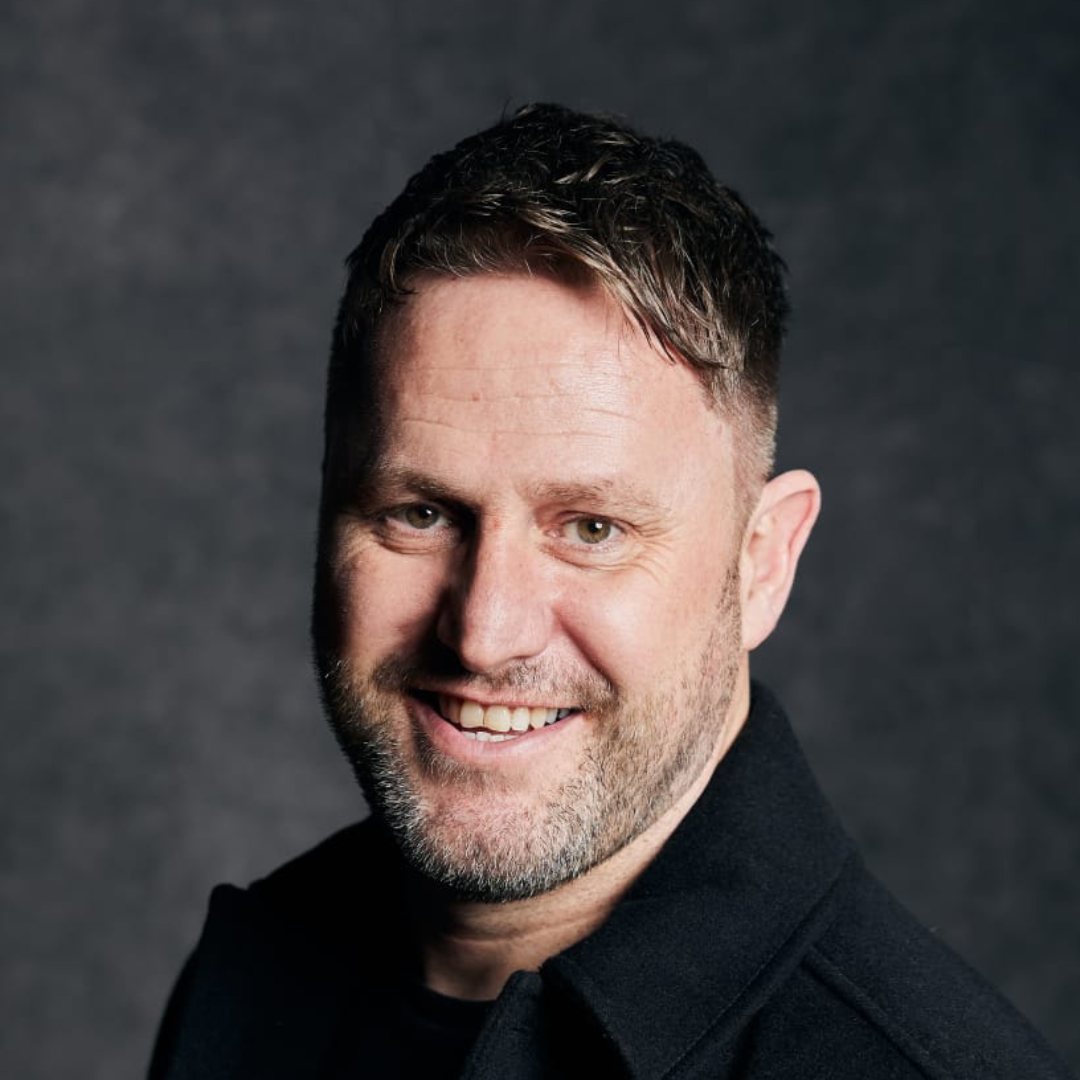Based on interviews with leaders and a sampling of scientific studies, Professor Damian Hughes discusses some of the warning signs that tell you when your practice is shallow – along with a few suggested cures.
The biggest enemy of talent is not genes, or opportunity, or luck. It’s poor practice. Poor practice wastes time, creates bad habits and worst of all, gives us the deceptive feeling we’ve accomplished something when, in fact, we haven’t.
The trouble is that poor practice is hard to identify. Perhaps in the future, some genius will invent a Practice-O-Meter that flashes red lights at us and sounds a horn when it detects ineffective, time-wasting practice. Until then, however, we have to make do with simpler methods.
Symptom: Robotic sameness of performance. If you are doing the same thing over and over with no variation, you are not practising deeply.
Cure: Make it tougher. Change one or more factors to stretch yourself. For example, if you’re practising a presentation, set ever-shorter time limits to deliver it in. Constantly switch it so that you’re always making and fixing mistakes.
Symptom: The lack of “damn it” moments. Learning something new is like walking into a darkened room and figuring out where the furniture is located – when you make a mistake, you should feel it. Effective practice contains lots of “damn it” moments. Making mistakes should carry an emotional burn that helps you do better next time.
Cure: Keep score. Turn in into a game, so that each mistake carries a larger consequence.
Symptom: Failing too much. The “sweet spot” of practice is when you make mistakes 20-40 per cent of the time.
Cure: Make it easier. eliminate some variables; simplify the task so that you are chunking one thing at a time, until you get back to your sweet spot.
Symptom: Total boredom
Cure: Quit and do something else. Come back when you’re fresh.
Overall, aim for quality over quantity. It’s far better to achieve 10 minutes of deep practice – which is really tough to do – than practice shallowly for an hour.
This blog is adapted from the Raise the Bar book ‘Raising the Bar: A Leader’s Guide’ by bestselling author Damian Hughes. The book takes twenty-five great lessons from the most engaging leaders.
Click here to find out more about Damian, or get in touch with our team at enquiries@raisethebar.co.uk for more information on his availability.

Professor Damian Hughes
Speaker
Professor Damian Hughes is a bestselling author who combines his practical
and academic background within sport, organisational development and change psychology, to help organisations and teams to create a high performing culture.